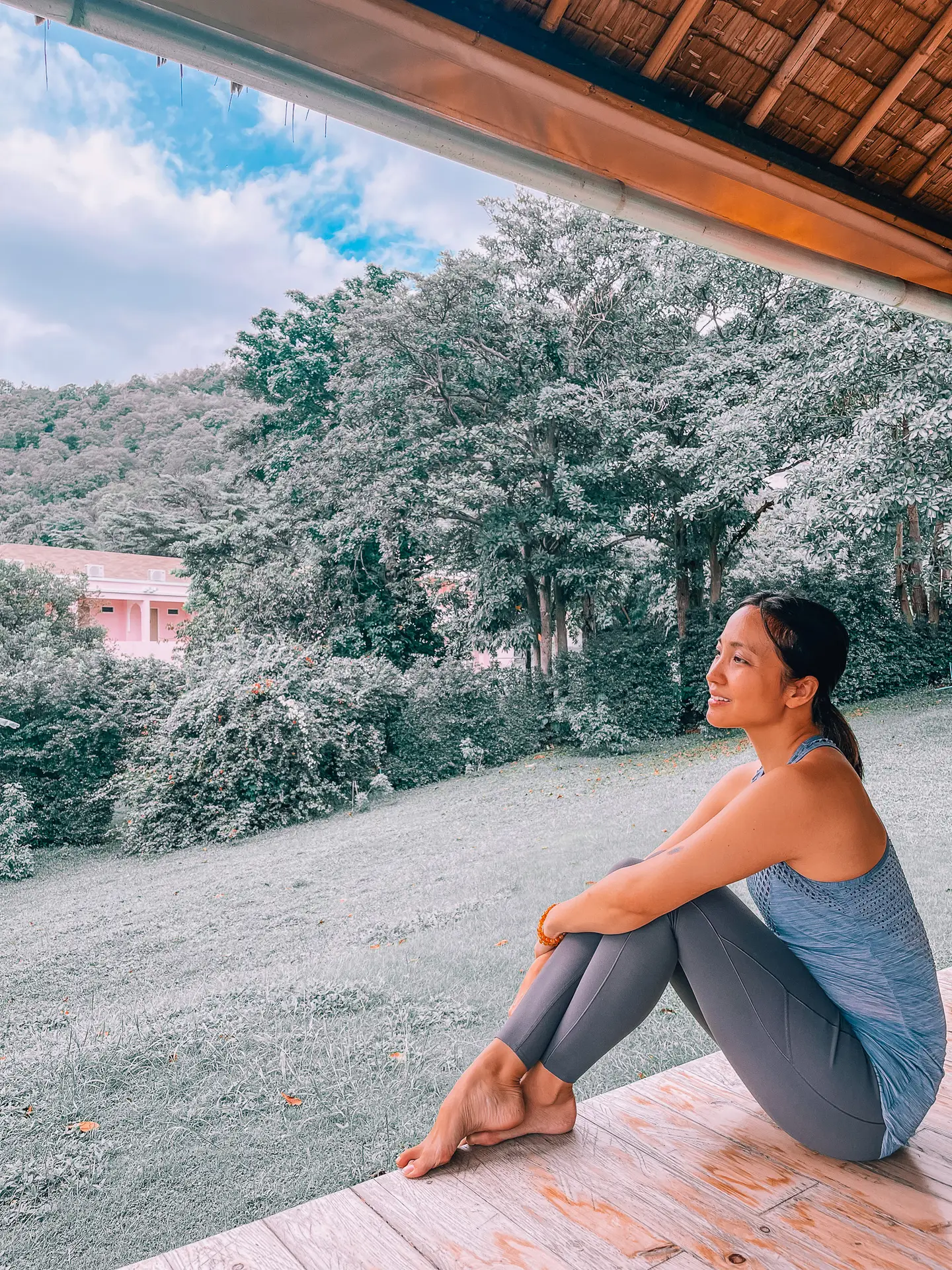Honestly, one of the major reasons I started full-time travelling WAS because of mental health conditions. In fact, it was one of the deciding factors that pushed me to start travelling again. Even though I deal with anxiety and complex ptsd, it was actually more beneficial for me to slow travel, although it also came with its own ups and downs.
Here is how I did it:
Wherever you go, there you are
So goes the quote. BUT travelling can also give you the DISTANCE and space to deal with your issues. While travelling can give you some respite, you still have to process and work on your issues, because they are always going to be there.
Personally, it wasn’t until I went back to consistent online therapy each month that I started to see improved results. My counsellor became a reliable source of emotional support while I was travelling solo around the world and knowing that she was always there for me in itself was a huge benefit.
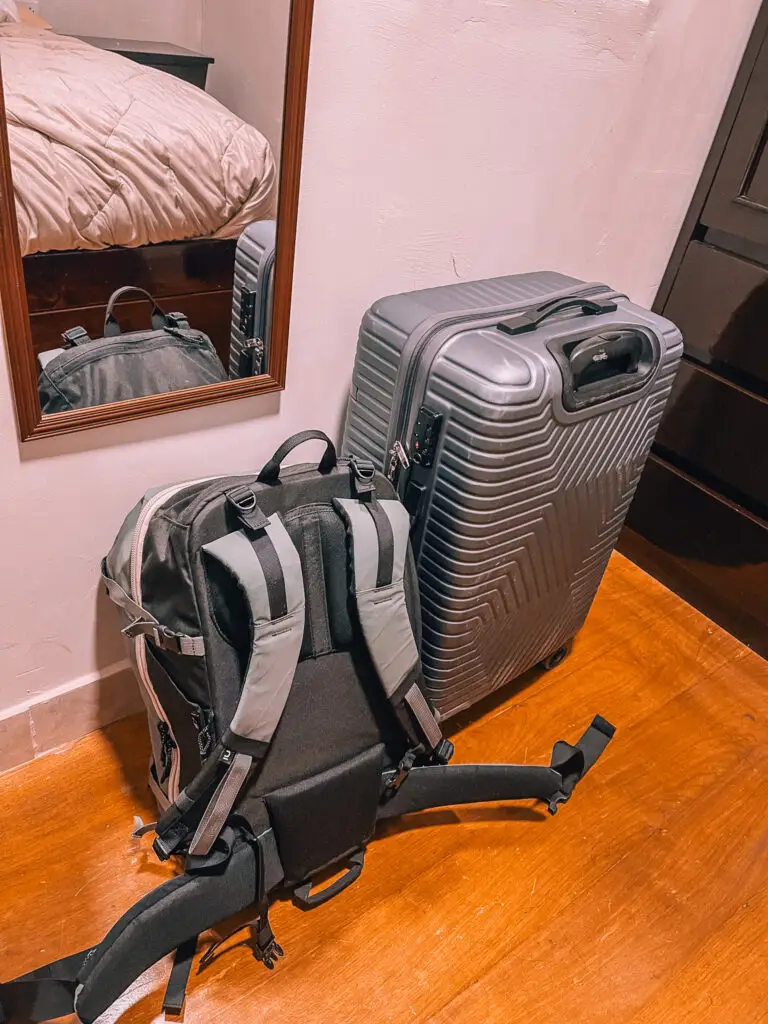
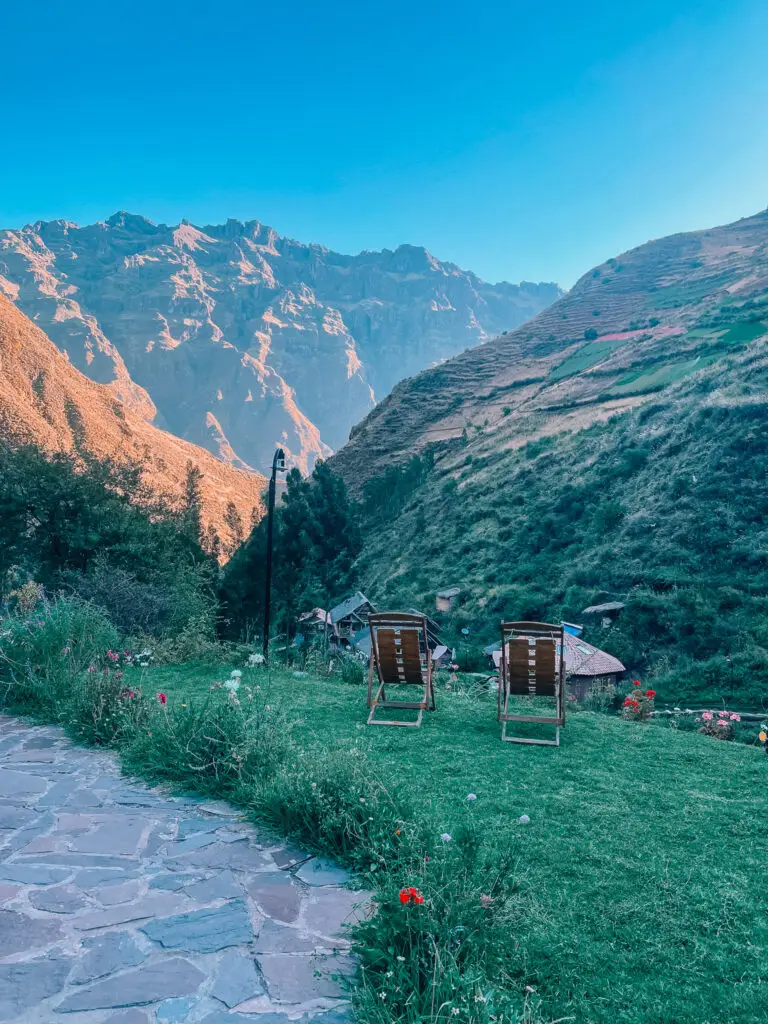
2. Make connections where you go
It is definitely easier said than done. There were many days and periods where I just did not want to get out of my room due to triggers and depressive episodes. However, I did make it a point to make at least one or two female friends in each place I stayed. I posted on Facebook groups like Girls Gone International or the local female nomad groups that I was looking to meet friends, as making female friends just felt a lot safer and easier for me. As I did slow travel, I had more time to make deeper connections with them and multiple chances to meet up and enhance the relationship. I also tried my best to do meetups while I was in each new location, looking up nomad whatsapp groups or through Meetup.com.

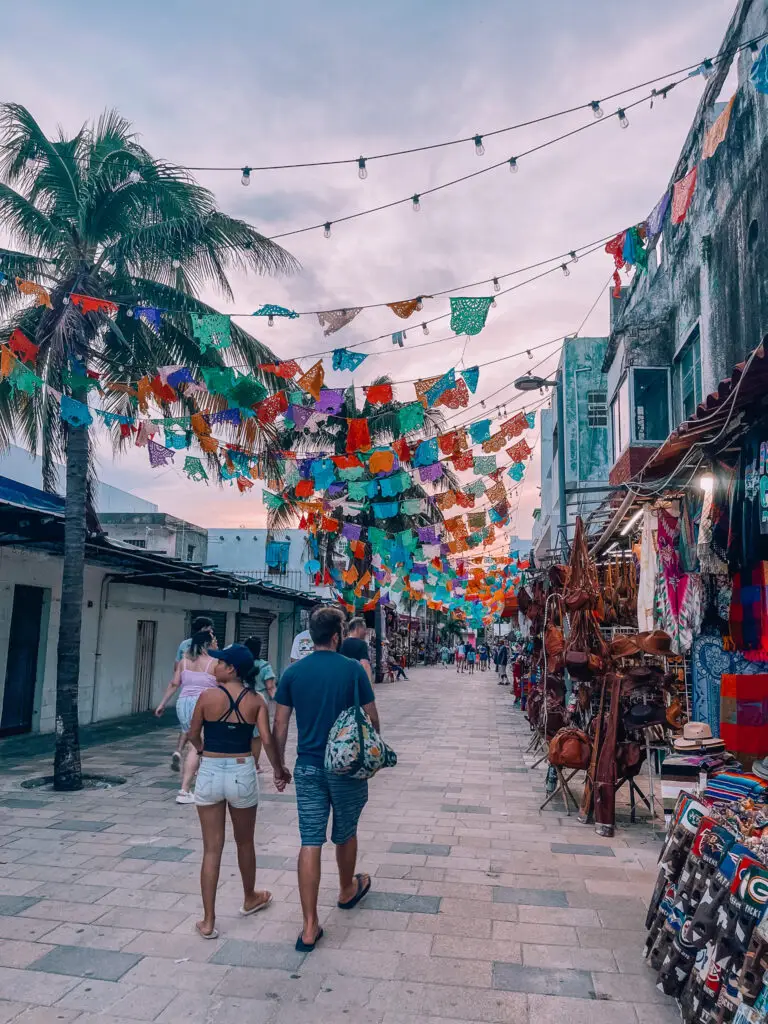
3. Get out in nature
Travelling alone is a pretty lonely lifestyle. One thing that got me through some unhappy periods was taking myself out for a walk each evening. For someone who can easily get depressed or triggered, being outside and having fresh air every day helped a lot. It was like taking a pet out for their daily walk, except I was the pet, and I had to take care of myself. As an introvert and homebody, this was a must-do to make sure that I got out of the house. Luckily, most of the places I visited were close to nature, so it was easy to walk down to the beach or the riverside. In Kyoto, I felt like I could walk very safely at night by myself without any concerns. In Playa del Carmen, I walked down 5th Avenue (the main tourist strip) every other night.
4. Set a routine
Full-time travelling can actually get pretty old pretty fast. After you have unpacked for the umpteenth time, only to repack and move places again, travel fatigue starts to seep in. Setting your own personal routine and getting back into it each time when you’re in a new place can help you reset your schedule and organise your life. This can help your mental health as well, as it gives you some order to fall back on for your life, especially if you have anxiety or depression.
For example, my routine was to arrive at my new destination, get groceries and take the first few days to enjoy the new location, before diving back into work each time. This allowed me to get out some of the pent-up excitement and adrenaline about the new place, so I could then relax and start working again.
5. Be kind to yourself
Last but not least, developing self-compassion while solo travelling is important! You will have to adapt to all sorts of unknown circumstances and give yourself grace that things may not work out the way you want them to. This can be scary for people with anxiety, and I would suggest to give yourself extra time to adjust. One saying that helped me was – ‘I’m doing the best that I can with what I have’. When you have mental health conditions, it is an added layer of issues to deal with, on top of just full-time travelling (which is hard enough). Understand that you are not in any race to compete with anyone, but just be present with yourself and be accepting of your situation wherever you are.
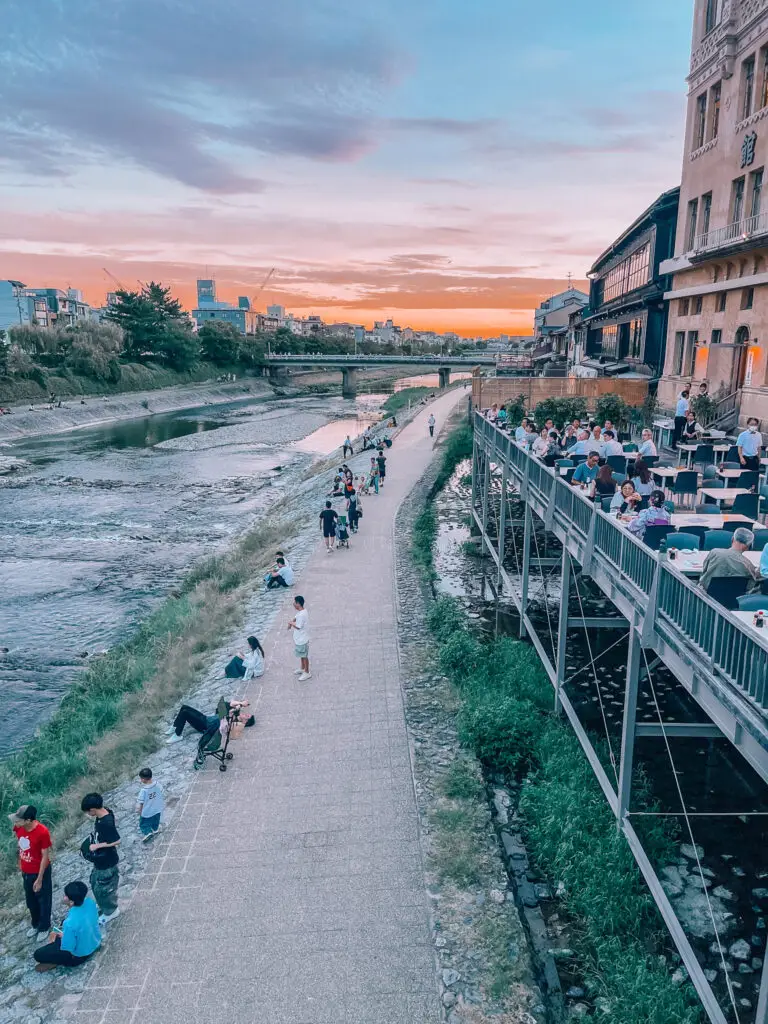
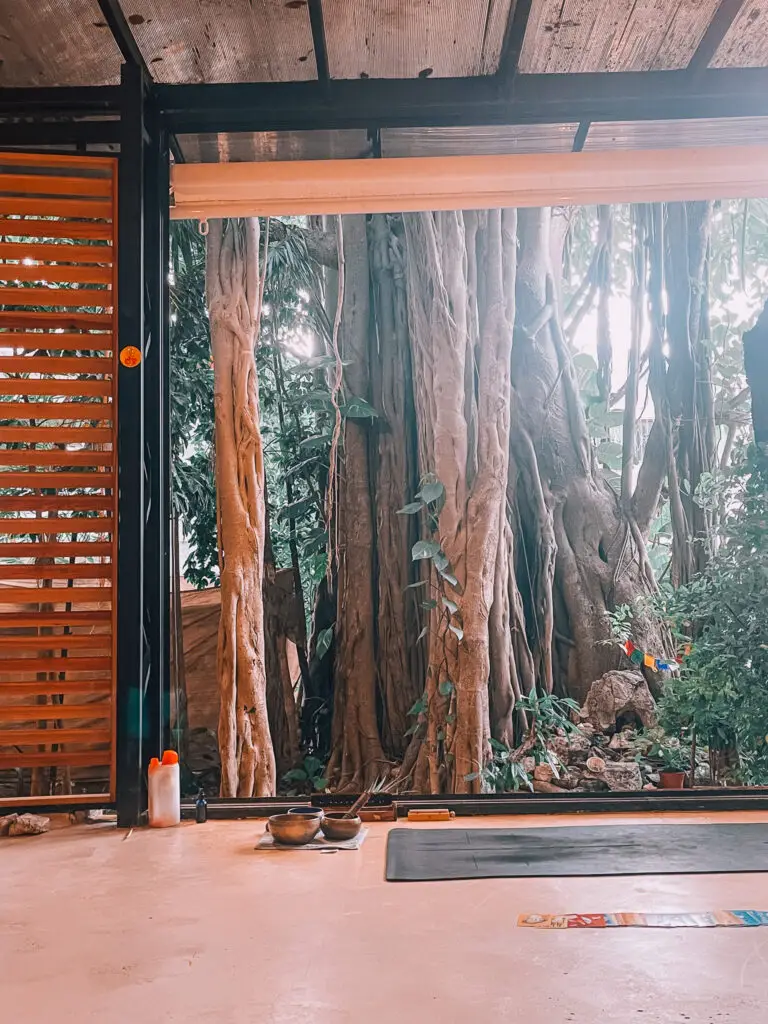
For me, travelling actually 100% helped my mental health situation.
It allowed me the space to change my unhelpful behavioural patterns and set new boundaries. Travelling also let me explore other alternative healing therapies that are not as accessible in my home country. I was also able to have a more relaxed lifestyle in the places I travelled to, due to their culture and way of life. So yes, if you have been thinking whether to start travelling and you are facing mental health issues, I’m telling you not to postpone it! It may actually help to gain more perspective and respite from your current situation. Just make sure to beef up other resources like online therapy or checking in with friends, so that you also have emotional support along the way.
Overall, if you make sure to take care of these few factors in your daily life, it will greatly help your mental health – Eat Well. Sleep Well. Move your body. Talk kindly to yourself. Connect with someone.
Here are also some additional resources that you can look into:
Betterhelp – for online therapy or ask your counsellor back home for a referral (that’s what I did)
Somatic work – for those who are stuck in survival mode (fight/flight/freeze/fawn) and need help releasing unprocessed emotions from their body
Gabor Mate – speaker and author about addiction, trauma and childhood development
The Holistic Psychologist – Psychologist and author who talks about attachment styles and trauma
Complex CPTSD: From Surviving to Thriving – Book about C-PTSD by Pete Walker
